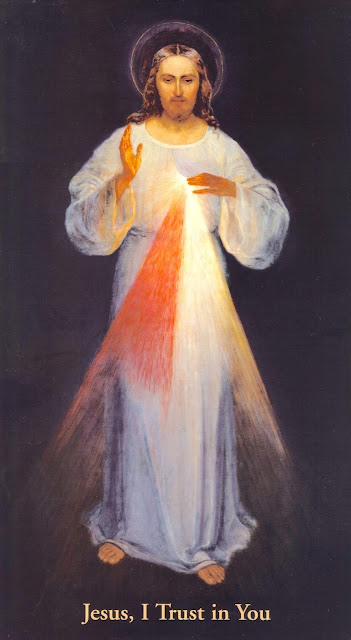Homily for the 22nd Sunday of Ordinary Time, August 28, 2022. Gospel of Luke 14:1-14. Theme: Grounded in Truth, Living in Reality
To better understand the back-story to Jesus' parable of the wedding feast, we need to recall a few basic facts about the Pharisees. They were religious zealots who considered themselves to be better, holier, than the average Jew. As a matter of fact their very name “Pharisee” meant “those who are separated from the others”. They demanded strict observance of tradition and put great emphasis upon the external rituals of Judaism. As far as they were concerned, if you said the right words, did the right actions and followed the rules, then you were all good to go with God. Where your heart was didn’t really enter into the picture. By both the power of his words and the example of his life, Jesus exposed the hypocrisy of the Pharisees. He described them as being like “white-washed tombs that looked good on the outside but stunk with death and decay on the inside.” He became their Enemy #1.
So, it might seem a bit surprising to hear in today’s Gospel that Jesus was invited to a Pharisee Sabbath dinner. However, he wasn’t invited not out of respect but in order to entrap him. The host and guests were intent upon “observing him carefully” as we heard in today’s opening line, meaning they were on the lookout to find something he said or did that could be used against him as a violation of God’s law. They were always on the lookout for a way to put him down in the eyes of the people because he was a constant threat to their power, prestige and position. But Jesus did not react in the same hostile way towards them. Instead, he reached out to try and touch their hearts by speaking the parable of the wedding feast that we just heard. It’s a not a lesson in social manners, but a teaching on the importance of humility.
Humility is something many find difficult to define, let alone possess. There are those who erroneously think that humility is weakness, a kind of whimpiness, and that the humble person is like a doormat to be walked on. Others falsely imagine that humility is an attitude of putting oneself down, of denying the gifts we have received or the achievements we have accomplished. And of course I think we’ve all encountered what is called “phony humility” at one time or another. It's really pride-in-disguise begging for more praise! A phony-humility conversation goes something like this: “Oh you did such a great job!” “No, I didn’t. It wasn’t that great.” “Yes it was! It was terrific!” “Oh please stop, no it wasn’t.” And so forth…this is phony humility having a field day!
Genuine humility, on the other hand, is clarity and honesty about who and what we are, plain and simple. It recognizes the gifts and talents we have received, but it gives the praise and thanks to God for them, not to ourselves. Humility also admits to and claims ownership of our faults and failings, but it does so in the comforting knowledge of God’s forgiveness and mercy. In other words, humility allows us to see the whole picture of who we really are in God’s eyes. The humble person is someone who walks in the clear light of this self-knowledge. They don’t form social contacts and friendships based on what others can do or be for them. Instead, they enjoy the company of those who are down to earth and who speak the truth to them. They want to be around people who can keep them real and level headed.
I find it interesting that the word “humility” comes from the Latin “humus” which means ground, dirt, earth. So fundamentally, humility means that we have our feet firmly planted on the ground, and that our self-assessment is firmly rooted in reality. Authentic humility goes hand-in-hand with truth because it allows us to make an honest assessment about ourselves, about the state of our souls, about how we treat others and about where we stand in our relationship with God. It’s only by seeing and accepting this reality about ourselves that we can make real changes in our lives and grow into the persons God created us to be.
And this is one reason why the Sacrament of Confession is so very vital to our personal and spiritual growth. By its very nature this sacrament calls us to reflect upon our lives and our relationships in the light of the Gospel. It’s a heaven-sent path to humility because it requires that we honestly admit to ourselves, to Christ and to his priest the exact nature of our wrongs. Now, it’s true that we only must confess if we have committed mortal sins, that is, serious sins which have ruptured our supernatural relationship with God. But the saints of every era have repeatedly advised that we confess even our smaller sins on a regular basis, precisely because this keeps us on the sure path of humility.
Humility can make our lives more genuine and joyful because there’s a special kind of freedom in living in the truth of who we really are. The importance and necessity of humility can be found in the fact that it is called the “queen of all virtues” because without it no other real virtue can exist. However, with it we can become, by God’s grace, both admirable human beings and spiritual giants in the Kingdom of God.



